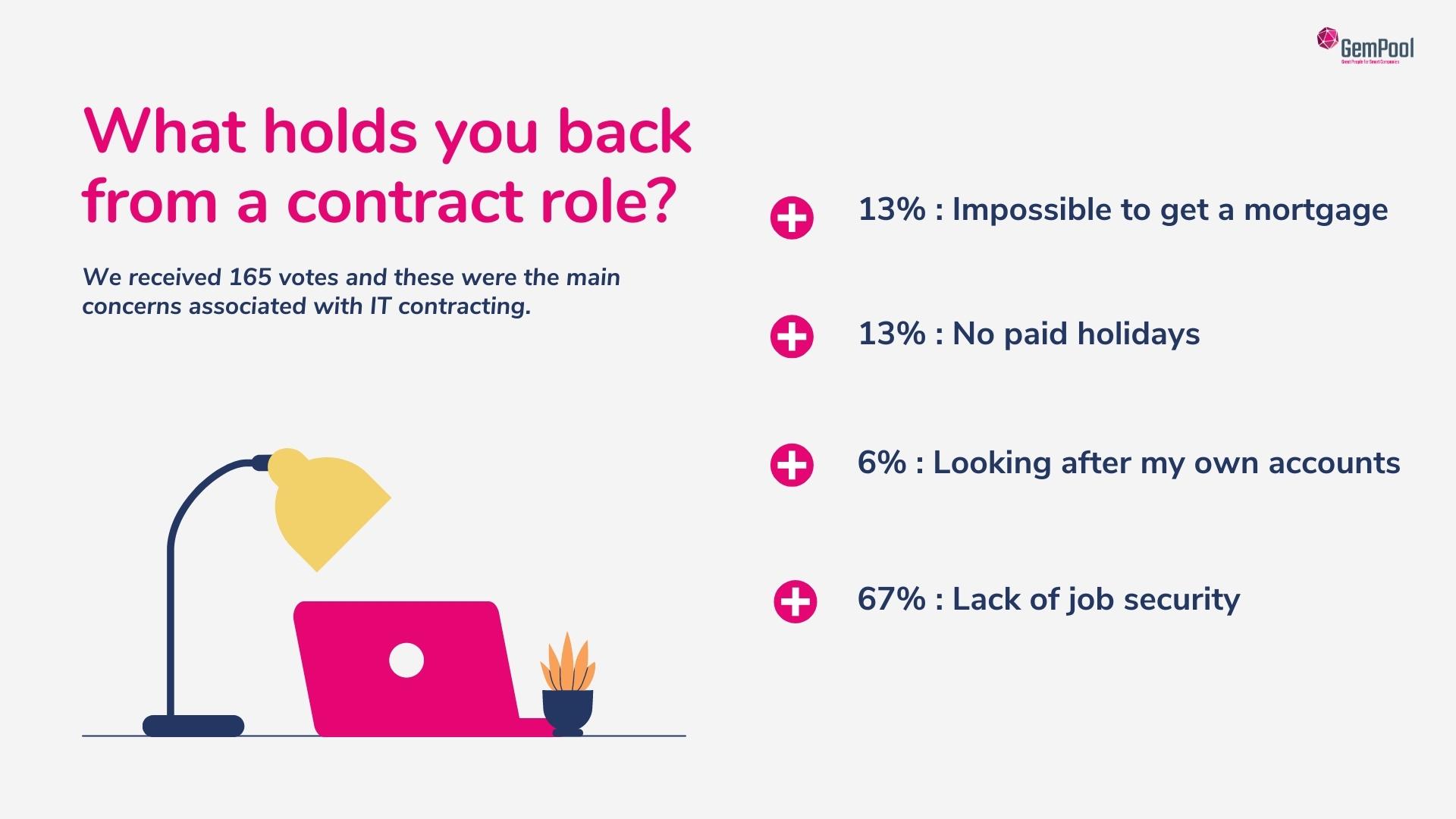Ever Wondered How Much Money You Can Make As A Contractor?
As a contract recruitment consultant, I deal with contractors every day, but I also deal with people who are on the fence about contracting. I know that before I was well-versed in the world of contracting, I would have admittedly been quite oblivious to the idea of being a contractor. It just simply never crossed my mind.
However, now that I know what I do, I am happy to share the golden information with anyone who has considered moving to contract work, especially with the rise of the popularity of contracting. My bold prediction is that there will continue to be a rise, and more and more companies will become more open to hiring contractors.
Moving from permanent work to contracting work

Sign document vector created by storyset – www.freepik.com
Now, this is where it gets spicy. This is where we can drool over all the opportunities contract work can give to us, or where we can decide that contracting isn’t for us. As ironic as it is, contracting probably wouldn’t suit me at the moment and you’ll soon find out the reason behind it. In normal circumstances, I would love to explore contracting, but right now let’s see if it suits you more importantly.
Calculating your daily rate:
Contractors work on average 230 days per year, while there are usually 252 working days in a year when taking out weekends, bank holidays etc. Some may be workaholics and work more, while others enjoy a good long holiday.
Contracting rates take into account the usual lack of holiday pay you receive, so we simply consider a contracting salary to be 20% more than a permanent worker. So if you were on €50,000 salary on a permanent basis, you would add €10,000 to this for your contracting salary, so €60,000 if we have to state the obvious and I’ve done my math teacher proud.
Usually contracting involves negotiating salary on a daily rate basis, so to keep this in mind, it is quite simple math by dividing the €60,000 by the average days worked in a year which is 230, so it will look like this:
For example: €60,000 ÷ €230 = €260.869.. – Daily Rate
So around €261 to be precise. Let’s say €265 Daily Rate for a nice number, and it’s up to you how flexible you want to be on the rate based on what you expect your output to be in relation to the role.
If you don’t expect to be taking many days off over the duration of the contract and are very passionate about the particular role to be able to make that compromise on your rate (which I do see at times as every contractor has their own motivations for being involved in contract work), then the daily rate should only be one of the key factors that impact your decision.
Not only is there an increase in pay, but talking to specialist accountants can also be a great idea to figure out how to deal with taxes and take home much more after-tax compared to someone in a permanent role, which is definitely a big pro of contracting. There are so many companies out there that are willing to help with your tax liabilities, such as Fenero, Icon Accounting and many more!
Why Should I Go Contracting?
“Well Aaron, why should I bother with contracting? Seems like a lot to consider.”
Funny you should ask, imaginary person, there are so many reasons I harp on about as to why contracting can be great and why the first step of calculating your rate can be so important for knowing the opportunities of contracting.
-
Firstly, you have more flexibility. Contractors are able to take more holidays if they decide to do 6-month contracts and take a longer break after the duration is complete before jumping on board another role. The main purpose of contractors is to ensure the delivery of the projects, so as long as the delivery of the project is on schedule, there’s more flexibility for contractors to take time off!
-
You are also exposed to more projects and technologies as a contractor since some may decide to continuously move companies as they learn, which can also be extremely beneficial.
-
Since you are working on a contract basis, there are no worries about the perceived “jumpiness” of a candidate as this is expected of contractors.
-
Then there’s the obvious positive of making more money which also takes into consideration the less tax you have to pay, which I’ve discussed previously
“What’s the catch”
I was getting to that! Whenever I talk to people about contracting, it’s so important to mention the cons as it may not suit some. To reveal the con that would ironically be the reason I wouldn’t be a contractor at the moment is the con of not getting the benefits of a permanent employee, which would include sick pay, holiday pay, packages etc.
As someone who has been sick quite frequently in recent months, that doesn’t make it ideal for me if I was a contractor, but in normal circumstances, it would definitely be an avenue I would explore, especially knowing what I know now.
There are also fewer onboarding procedures for contractors as the company may not be focused entirely on talking about the culture as you are there for completing the project. Some may view it as a selling point of contracting, and some companies stick to normal onboarding procedures they use for their permanent employees so it really depends on the company.
As for managing taxes and the admin side of things that comes with contracting, you will have so many resources and companies who can help you with it. They are also a great source of information and can help clear up any further questions you might have.
We recently conducted a poll on LinkedIn to understand what holds candidates back from contracting, and the most common answer was lack of job security, which was quite interesting to hear. Have a look at the results below:

So considering this is a worry, let me debunk this for you and continue calculating that daily rate in peace. There are so many contract jobs on the market, and this is continuing to grow. If you are a skilled contractor, you will be sought after, so finding a job won’t be difficult as the opportunities will keep coming to you! Another important point to make is that the average tenure of an IT professional in Ireland is 1.6 years. Many contractors have worked in companies longer than this. So the lines between perm tenure and contract tenure are blurring.
Most recruitment agencies work on contract roles, so there are many people who can help guide you through the process., I have opportunities too if you are currently looking, which can be found on our careers page.
Out of all the worries, lack of job security shouldn’t be one, and simply preparing a bit in advance of your contract ending will result in a seamless transition from one company to the next.
Final thoughts…
Let’s keep this short and sweet. Calculating your contract daily rate is relatively simple. There are many things to consider before deciding to go into contract work but this can be seen as a positive change to permanent employment. If you’re looking for answers to more queries you might have I am here to help and answer. Don’t be afraid to get in touch with us.
Cover image attribution: Revenue vector created by pch.vector – www.freepik.com
